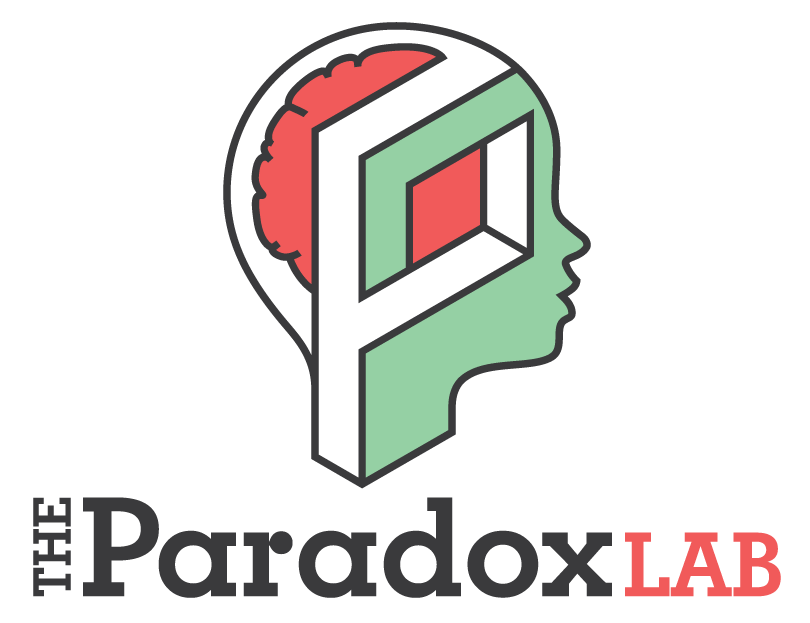Our Mission
We aim to share the intrinsic joys of inquiry as well as to nurture the development of higher-level thinking skills, empowering our participants to become aware, determined, expressive members of their communities. We are part of a global movement in Public Philosophy and Philosophy for Children.
Central to our approach is the notion of a paradox. A paradox is a set of considerations that seem to pull our intuitions in two or more opposing directions.
Most unanswered questions in philosophy, science, history, mathematics, and policy can be framed as a paradox. To make such abstract, enduring human questions tangible, we connect them with everyday examples and experiences of our participants. We aim to use the tools of philosophical inquiry to improve habits of asking questions, self-directed learning, and critical reflection.
Middle schoolers presenting their work on "Selves in Video Games" to Uriah Kriegel and David Chalmers (organizers) at the international Towards a science of Consciousness conference, in Tucson, AZ, 2012.
"It has been one of my great learning experience to have participated in your class this quarter. It has expanded my thinking and changed the way I see the future of technology (Especially in terms of A.I.!). I’ve enjoyed the class discussions a lot. Hearing other student’s diverse viewpoints would bring light to angles of a scenario that I had no idea even existed! In addition, whenever we would diverge from the topic at hand, I felt as though the conversation had a way of coming back to the mechanics of qualia. When we did the discussion about what it is in meat brains that give rise to qualia, we delved into a whole conversation about the purpose of qualia. Some of the ideas discussed, included were that qualia was the byproduct of a survival instinct, and the challenge to that, of how a survival instinct wasn’t enough for something to have the same qualia as humans because human qualia is more complex than just an animal’s survival instinct. The level of thought that went into these discussions made them that much more memorable. I think that having so many curious student minds coming together to share their thoughts and perspectives on these philosophical questions is amazing. Your interest to start this program in the Humanities Circle is so great, as it helps cultivates young minds to think deeply and maturely about these topics."
— Middle School Student in Puzzles about Consciousness Program. March, 2017.
The center also introduces participants to methods of inquiry that have been made precise in analytic philosophy and span across the sciences. Philosophers ask, for example, what conditions are necessary for an entity to meet in order for the entity to count as a mind, or to count as knowledge, or to count as morally good, and what conditions are sufficient? We can think of the scientific discovery that water is H2O as involving the same kind of analysis, done in the laboratory rather than in the imagination. We may ask, for example, what it takes for something to count as a cake. Is it necessary for it to be baked? Is it necessary for it to be edible? Is it sufficient for it to come from a cake shop? Is it sufficient to look like a cake? Such exercises allow participants to learn further notions relating to inquiry, such as the notion of a hypothesis (e.g., the hypothesis that in order for something to be a cake it is necessary for it to be sweet), the notion of a counter-example (e.g., a crab cake is a cake that isn’t sweet), and the notion of a thought experiment (imagine if we were to make a cake accidentally using salt instead of sugar, will it still be a cake, albeit a bad one?). These tools add rigor to all areas of human inquiry.


